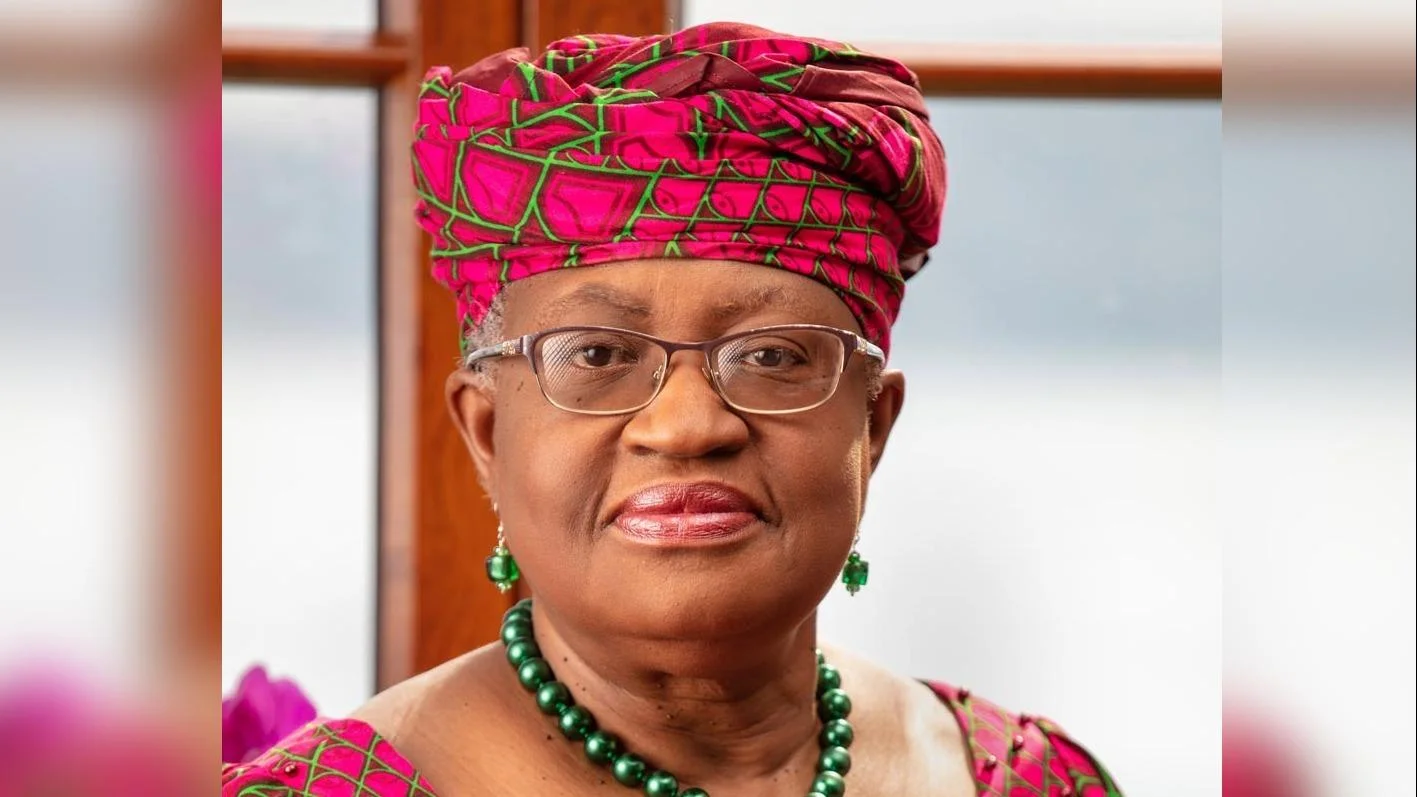The Chair of the Committee on Trade and Development updated members on efforts to streamline discussions through consultations, informal thematic sessions, and more focused meeting agendas. Members expressed appreciation for these initiatives.
The Institute for Training and Technical Cooperation (ITTC) briefed members on the WTO Technical Assistance Annual Report for 2023 and progress in 2024. The report highlighted increased participation from least developed countries (LDCs) and cost rationalization through virtual training. However, concerns were raised about shrinking resources due to a decline in unearmarked voluntary contributions.
A submission by the African Group on policy space for industrial development was discussed, with plans for a work programme that includes formal meetings and informal sessions. A session during the WTO Public Forum 2024 will also address this topic.
India presented two submissions: one aimed at reinvigorating development discussions within the Committee and another providing a roadmap for trade and technology transfer to developing economies. The submissions emphasized the importance of technology transfer, funding gaps, investments, technical assistance, and capacity building.
The LDC Group called for annual reviews of duty-free and quota-free market access based on reports by the Secretariat, referencing mandates from recent ministerial documents.
An informal session titled “Green supply chains for development: the case of small economies” featured presentations by experts from various international organizations. In a dedicated session on small economies, members considered a communication from Guatemala regarding the implementation of a decision on small economies' work programmes. There was broad support for preparing background documents on topics outlined in the Ministerial Decision.
During a session on regional trade agreements, members reviewed aspects of the Comprehensive Economic Partnership Agreement between India and the United Arab Emirates. Canada introduced a notification about its General Preferential Tariff (GPT) and Least Developed Country Tariff (LDCT) schemes extended until December 31, 2034. Changes to these schemes were noted along with information about a new “GPT+” programme designed to incentivize adherence to international standards on human rights, labor conditions, gender equality, and climate change.
The next meetings are scheduled for November.

